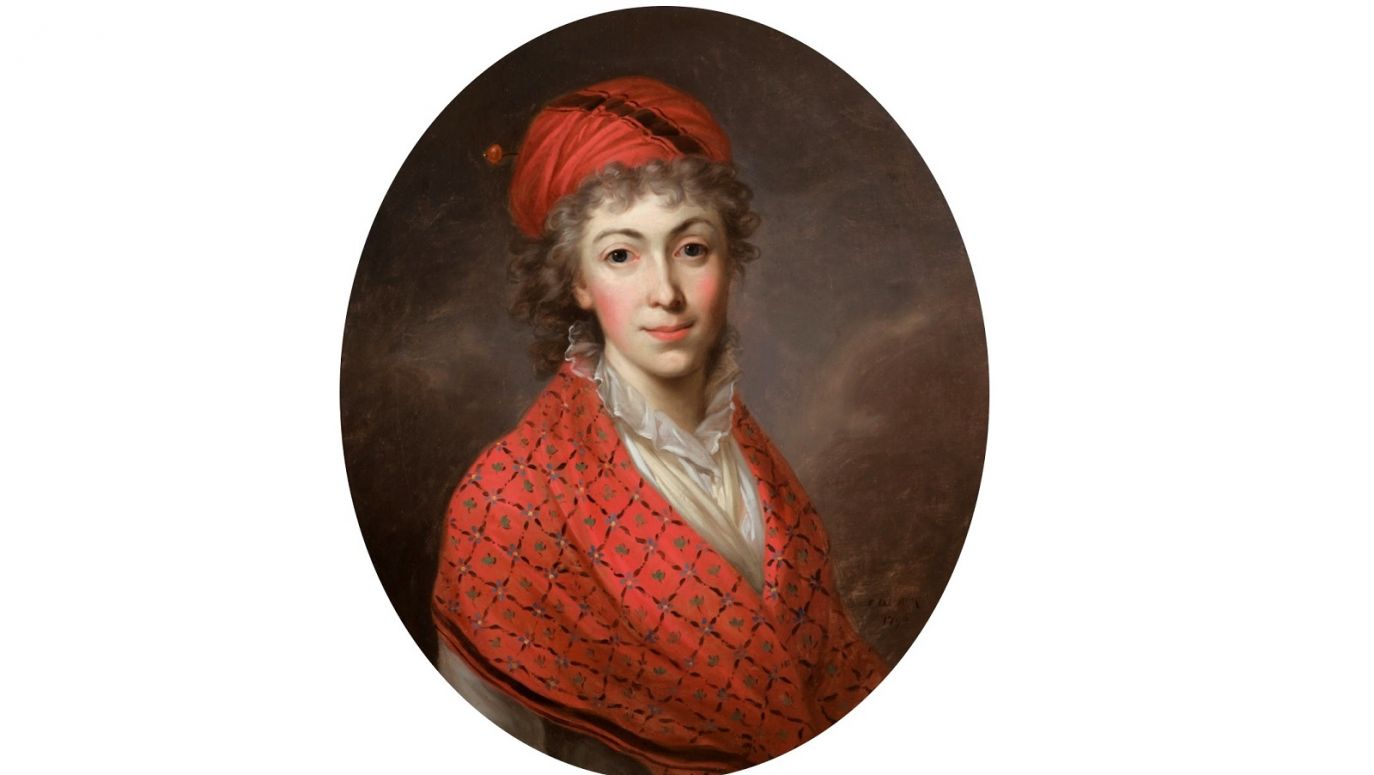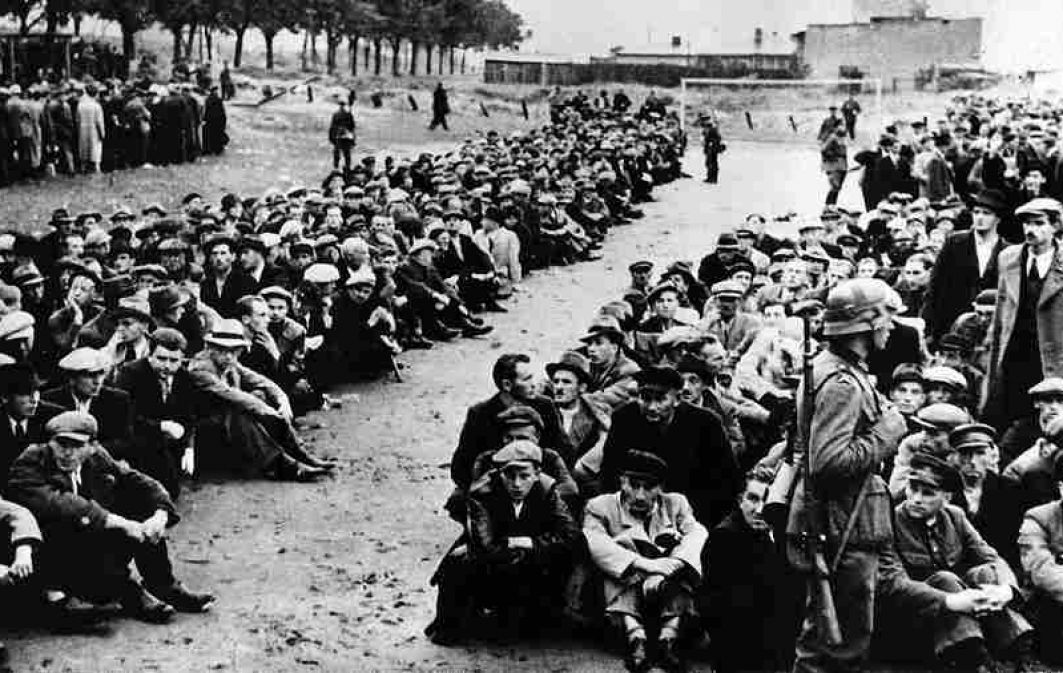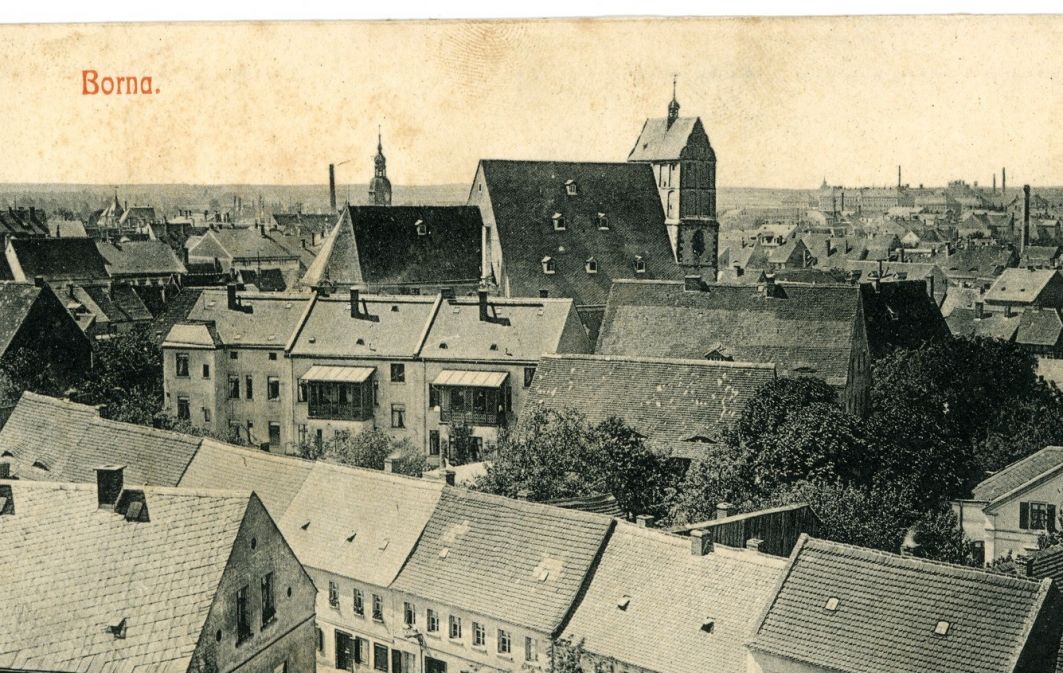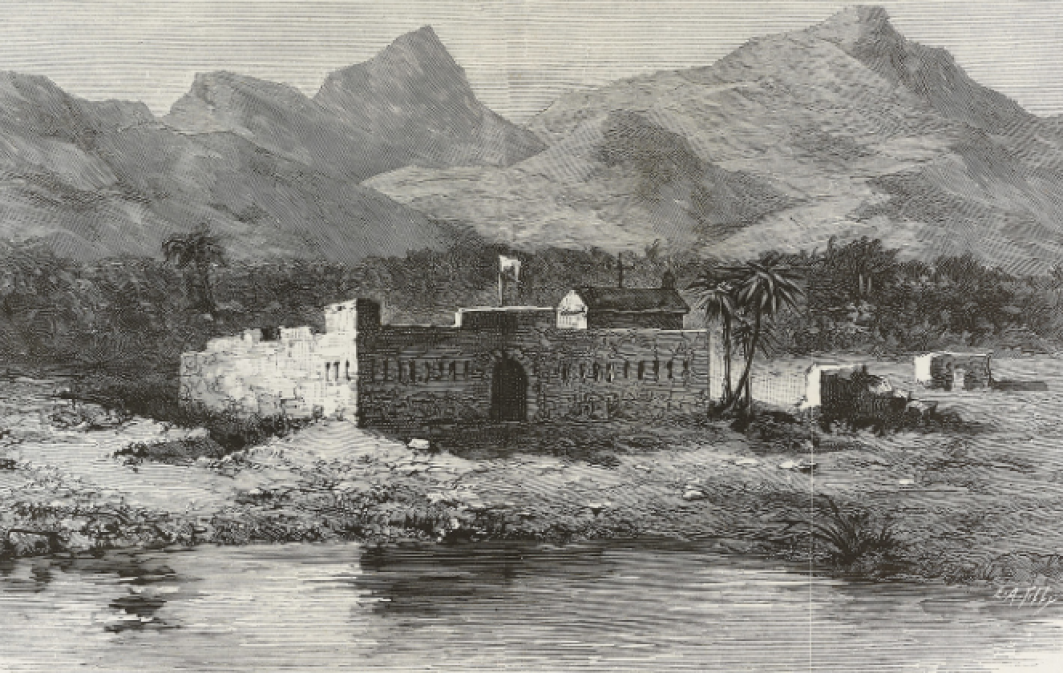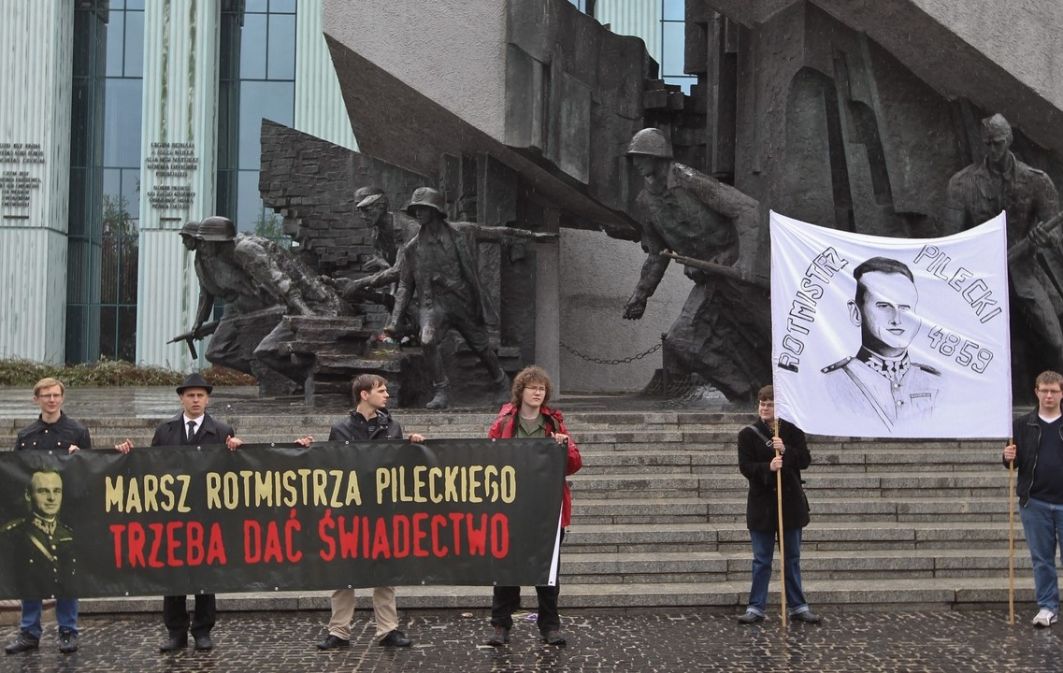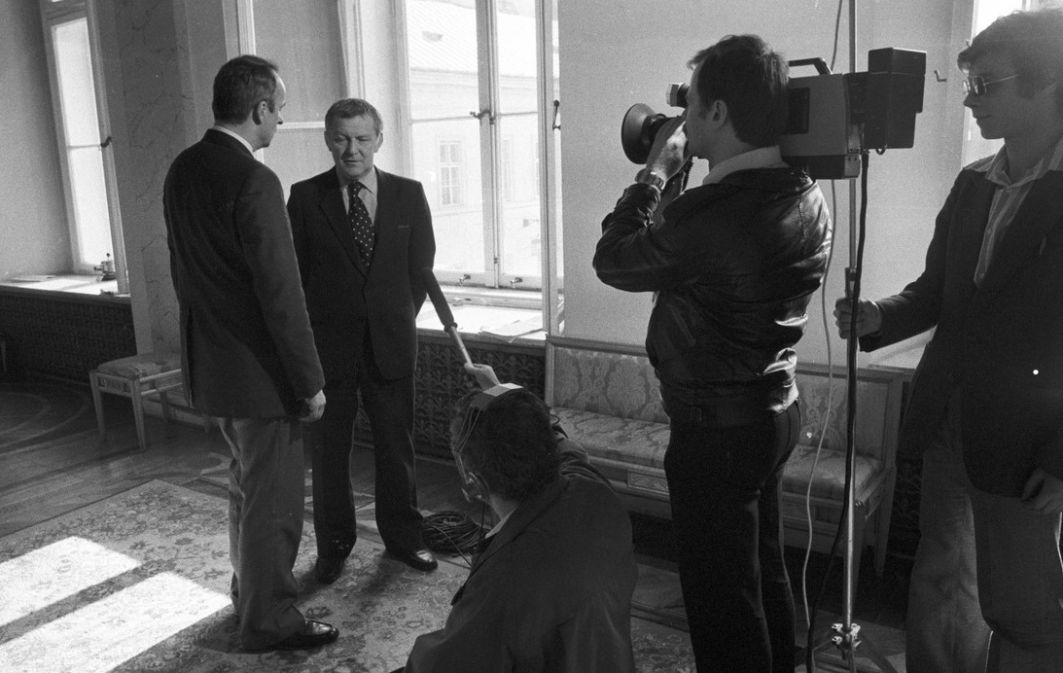His honour and the estate were saved. But after the fall of Poland, Adam Kazimierz was more willing to spend time in the Austrian partition. He accepted the titles of general and field marshal from the Habsburgs, as well as the Order of the Golden Fleece. He restored his library, which had been destroyed by Catherine's soldiers, and supported his wife in the laudable work of creating a museum of national memory in Puławy. The Czartoryskis' residences became a refuge for survivors of the sunken ship of the Republic.
When Prince Józef Poniatowski's army liberated Galicia, Adam Kazimierz played a comedy: he asked his cousin to take him prisoner, as he wanted to be fair to the emperor. Three years later, as Speaker of the Sejm of the Duchy of Warsaw, he announced the rebirth of the Kingdom of Poland. Not being a Bonapartist, he nevertheless wished Napoleon's army, then setting out for Moscow, a victory.
That was the end of the political activity of "Europe's nicest bachelor," as Witold Banach wryly calls the prince. Zofia Wojtkowska characterises him as a "brilliant theoretician."
A farewell worthy of a king
Adam Kazimierz Czartoryjski died in Sieniawa on March 19, 1823. So he had a chance to reign for 58 years, and become the Polish equivalent of Franz Joseph I or Elizabeth II. His funeral was worthy of a monarch. However, it remembered not so much the man as a symbol of a bygone era. The embalmed corpse was escorted by a funeral procession first to Lwów, and then to Warsaw, to the Holy Cross Church, which served as the Czartoryski family necropolis. The prince's last earthly journey lasted thirteen days.
In his farewell sermon, Jan Paweł Woronicz, poet and bishop of Kraków, compared Czartoryjski to an "old Polish larch" and asked: "Who in a hundred years will hover over Him as we do today?"
Two hundred years have passed, and hardly anyone remembers the commander of the School of Cadets. His abundant writing is only read by theatre scholars and literary historians and is not reissued or studied in schools. There are three streets named after Adam Kazimierz Czartoryski in Poland: in Brzeziny, Chełm and Miłomłyn.
Sic transit gloria mundi.
– Wiesław Chełminiak
TVP WEEKLY. Editorial team and journalists
– Translated by Roberto Galea
Witold Banach “Czartoryscy, czyli wieczna pogoń” [“Czartoryskis, the eternal pursuit”], Wydawnictwo Poznańskie, 2022; Zofia Wojtkowska “Saga rodu Czartoryskich” [“The sage of the Czartoryski clan”], Iskry, 2022 

 SIGN UP TO OUR PAGE
SIGN UP TO OUR PAGE 
